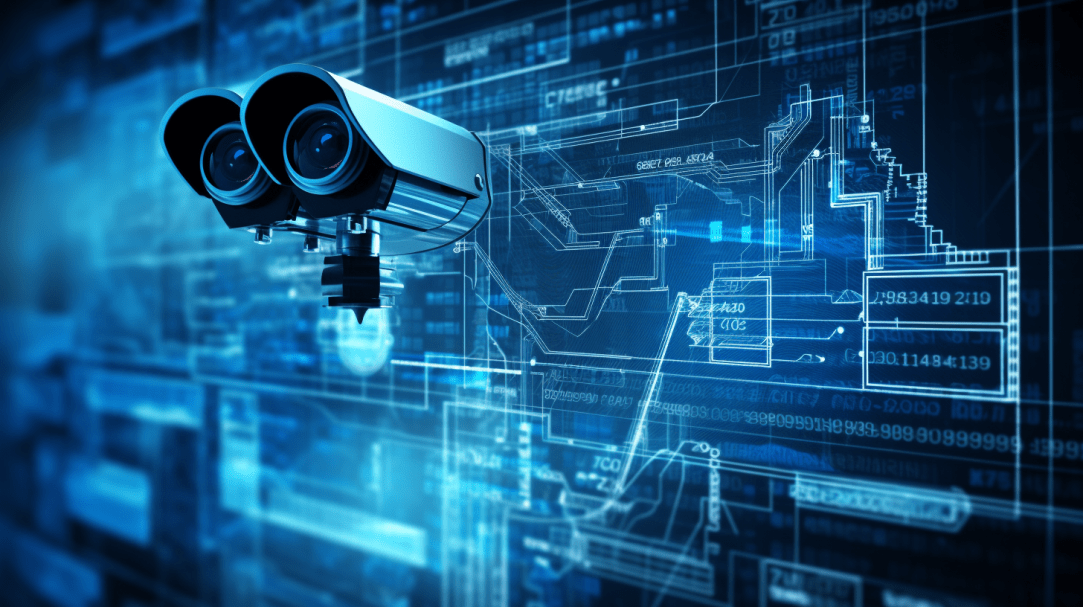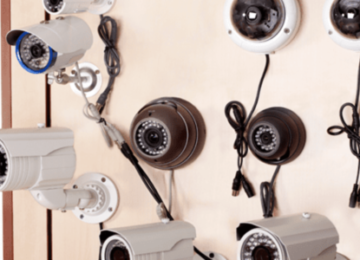Do you need permission to install a video surveillance system in your store?

Are you looking to increase the security of your premises by installing video surveillance cameras? It can sometimes seem that, in today’s modern world, business owners are faced with an increasing amount of red tape and hoops to jump through. The good news is that, in the US, there aren’t too many of these hoops to jump through for the installation of video surveillance systems in commercial premises, although there can be variations from state to state. Regardless of whether your state requires you to inform the local authorities of the installation of video surveillance cameras, there are other steps to take before you start recording CCTV images, and we’ll guide you through them in this article.
Do you need a permit to install video surveillance in your store?
In short, in the US, the answer is generally no. You do not need permission to install a video surveillance system on your commercial property, but you do need to take certain steps before installing cameras and ensure compliance with surveillance camera guidelines and data protection regulations.
Below, we’ll cover the main steps requirements that business owners need to consider and comply with when installing a video surveillance system on their premises, and we’ll particularly draw on the example of retail environments.
Federal law on video surveillance systems
In the USA, when installing video surveillance cameras in their premises, business owners should consider the federal laws under expectations of privacy, which tie into the Fourth Amendment to the US Constitution. Within the context of video surveillance, the federal laws stipulate that any place reasonably expected to be private — such as bathrooms, locker rooms, fitting rooms, etc. — must not be covered by video surveillance cameras.
Federal law also states that employers must not film employees undertaking protected activities, which include union organization activities, as such filming would violate federal labor laws.
State laws on video surveillance cameras
In the USA, each state stipulates its own laws on various topics, and the matter of video surveillance is no exception to these differences. While expectation of privacy laws apply across the country, some states have particular regulations around different aspects. For example, Connecticut allows business owners to install hidden cameras, but they must notify their employees of the presence of these cameras.
As with most areas of business, the general rule is that business owners should consult their local laws to make sure that their planned video surveillance system adheres to the specific stipulations of their state.
Regulations on AI-based video surveillance systems
Recent technological advancements have led to an increase in the use of artificial intelligence (AI) in video surveillance systems. These AI-based systems are subject to the same guidelines and applications as classic CCTV systems which, in the US, are relatively relaxed given the scarcity of federal or state laws directly regarding video surveillance.
Here at Veesion, we have developed a revolutionary AI-based video surveillance system allowing businesses to secure their commercial premises effectively and efficiently, whilst also respecting the applicable legal framework. Our technology does not process biometric data, and it has the same objective as classic CCTV systems: Ensuring the security of people and property.
Looking to revolutionize your business premises’ security? Got any questions? Get in touch with us now to see how our system can transform your commercial security and reduce inventory shrinkage, among many other benefits.
The most popular
Related news
Discover what Veesion can do for you. Do you have one or more stores?
Our team will contact you within 48 hours





